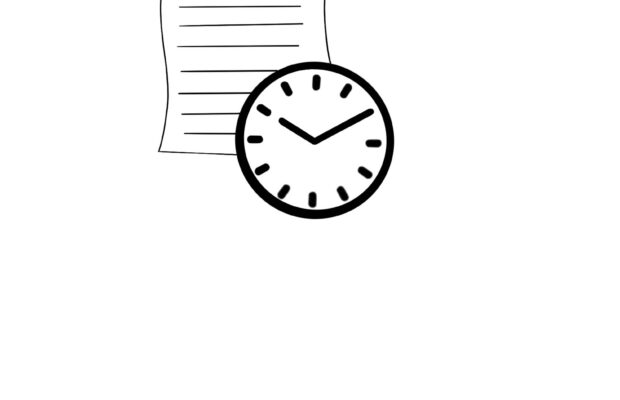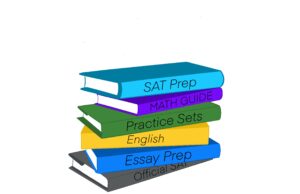Unlocking the downfall of timed tests

A false conception lies amongst education that students who perform faster exceed those who crack under the pressure of time limits. The limits are not only an inaccurate measure of students’ knowledge, but they also create an emphasis on memorization. In an attempt to resolve the enmity individuals have towards the limits, those who have the means to do so obtain false recommendations in order to receive more time. Although the problem of time-limited tests appears complex, the solution is simple. If students need more time, then it should be provided for them. I understand the need to have an overall time limit, but it should be flexible and never as strict as one minute per question. The allowance of timeless tests will level out testing environments to achieve equivalence and fairness for all students.
Students are taught to be careful and not rush through homework, but required to do the opposite during a test. Although students may have studied a profound amount, anxiety caused by time restrictions can prevent them from applying their best. Therefore, the test results are a flawed display of the students’ comprehension. This is discouraging because many feel hopeless and to allow for faster responses, students result in simply memorizing the material. Memorization does not allow for deep comprehension of material as many students only focus on achieving a high score and often forget most of the material shortly after the test. Requiring this level of speed promotes automacy rather than substantial learning.
As many seek a solution, purchasing a fake diagnosis stands out in bold letters, calling to students. Alden Blodget, a high school teacher and administrator for 50 years, spoke with a psychologist after growing suspicious over the increased number of students with psychologist’s recommendations. “He explained the complexity and inexact science of arriving at a diagnosis and spoke of the pressure from parents whose goal was to obtain the recommendation for extended time,” Blodget said. “He recounted instances when he resisted the pressure, so the parents procured the recommendation from someone else.”
These false statements are often received by students within very short time periods due to financial ability or connections within the school district. The problem created has surpassed the school level, as it now diminishes the extensivity of those in real need of recommendations. Time limits are created to achieve equivalence within testing environments, but instead, a door has opened allowing certain students to surpass them, creating levels of edge that should not exist. If timeless tests were automatically distributed, then students would not be compelled to go to these lengths, absolving the problem of those receiving advantages over others.
Timeless tests provide educators with more accurate scores and will stimulate a truthful grasp on material, benefiting students’ outlook on education. Students will feel more motivated while learning as they begin to see the impact studying has on their grades, since now they have no time limit to demean the hard work they put in. A need for false recommendations will no longer be relevant and all students will receive the same advantages and disadvantages, with no relation to other factors. Reaching this level of equivalence puts students’ needs first and allows for inspiration, truth and growth to foster within education.



